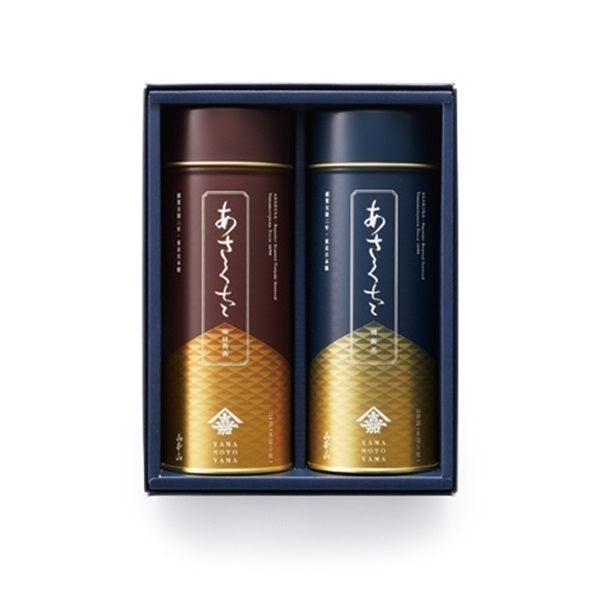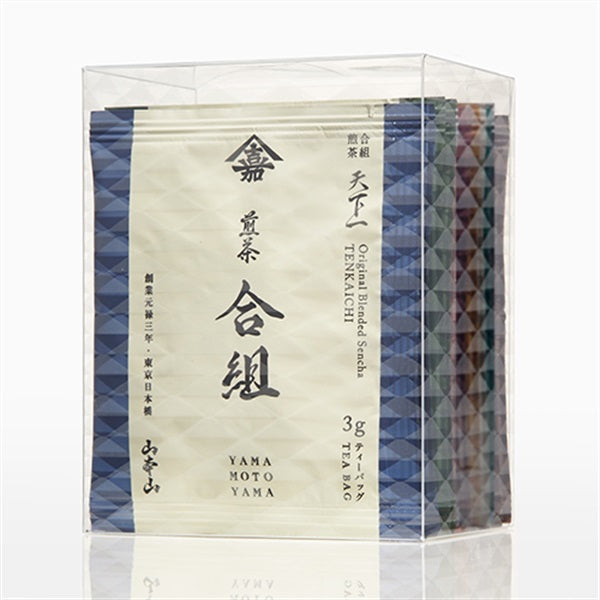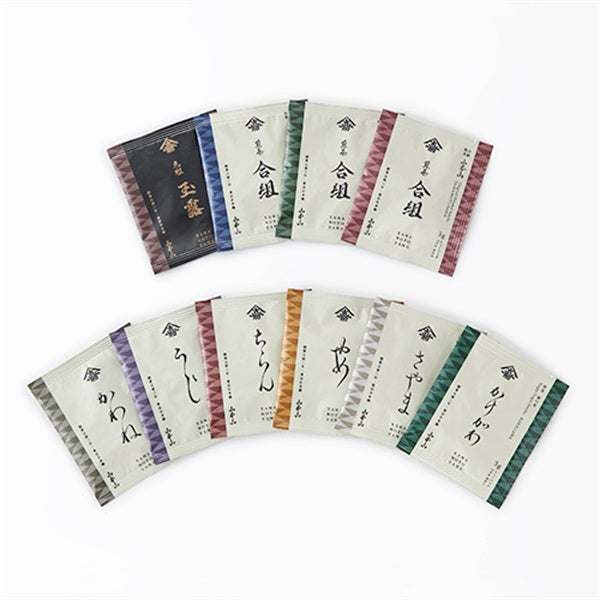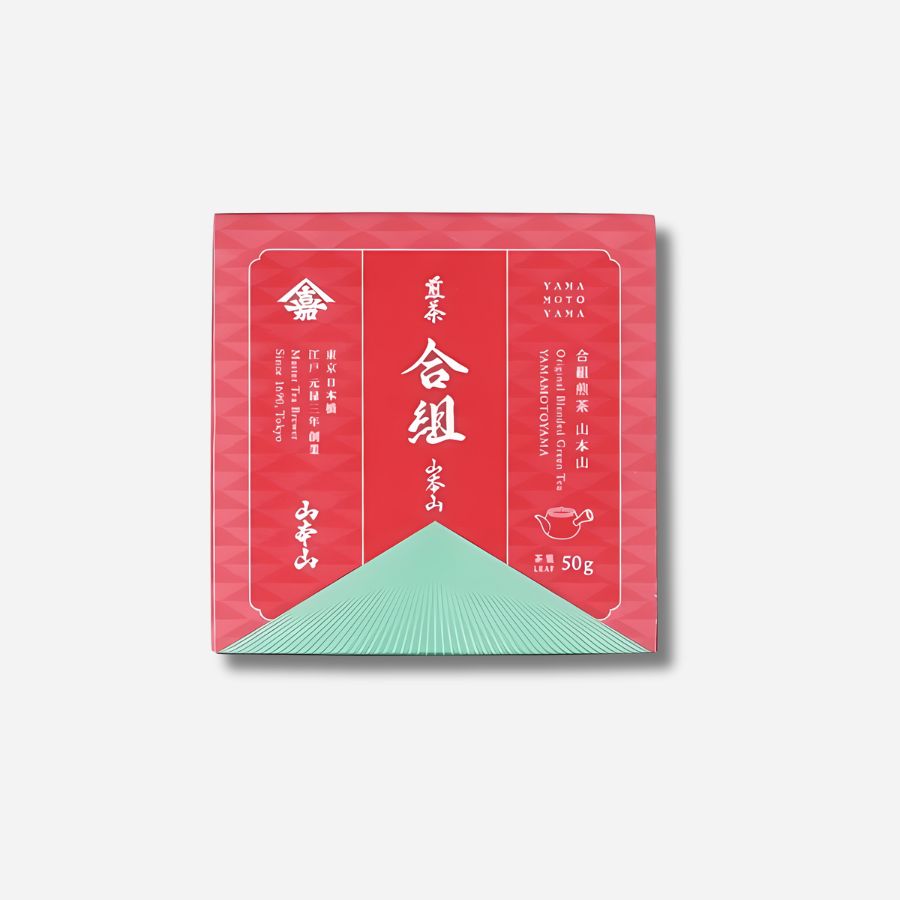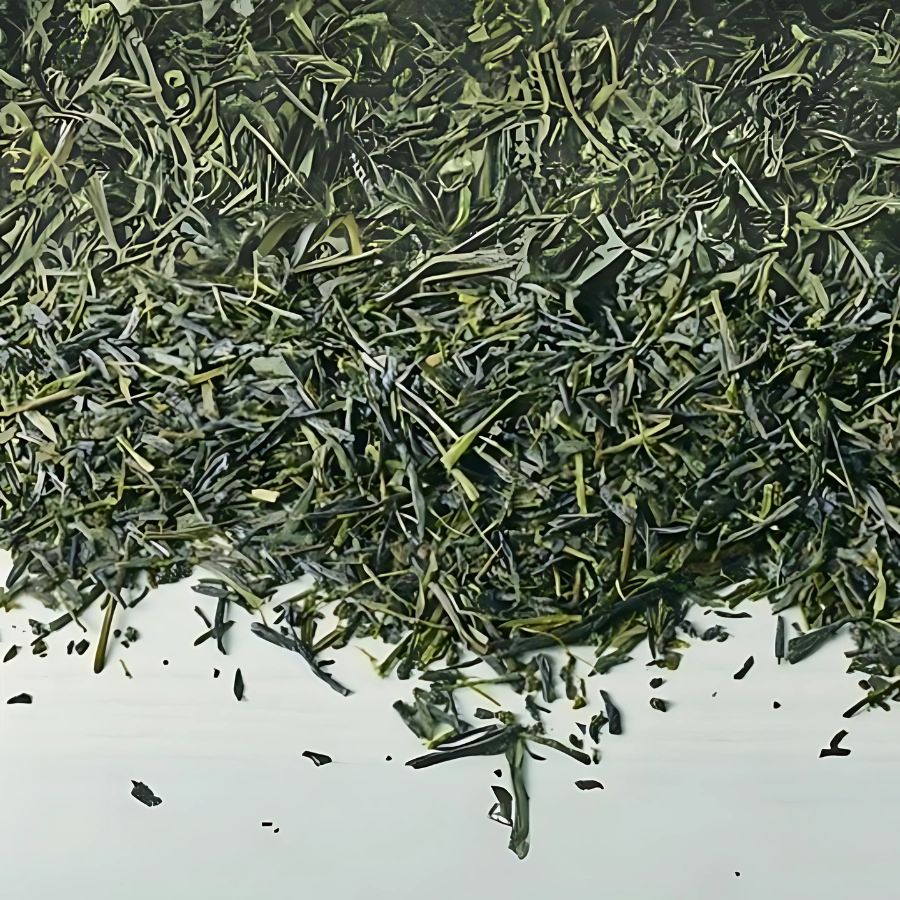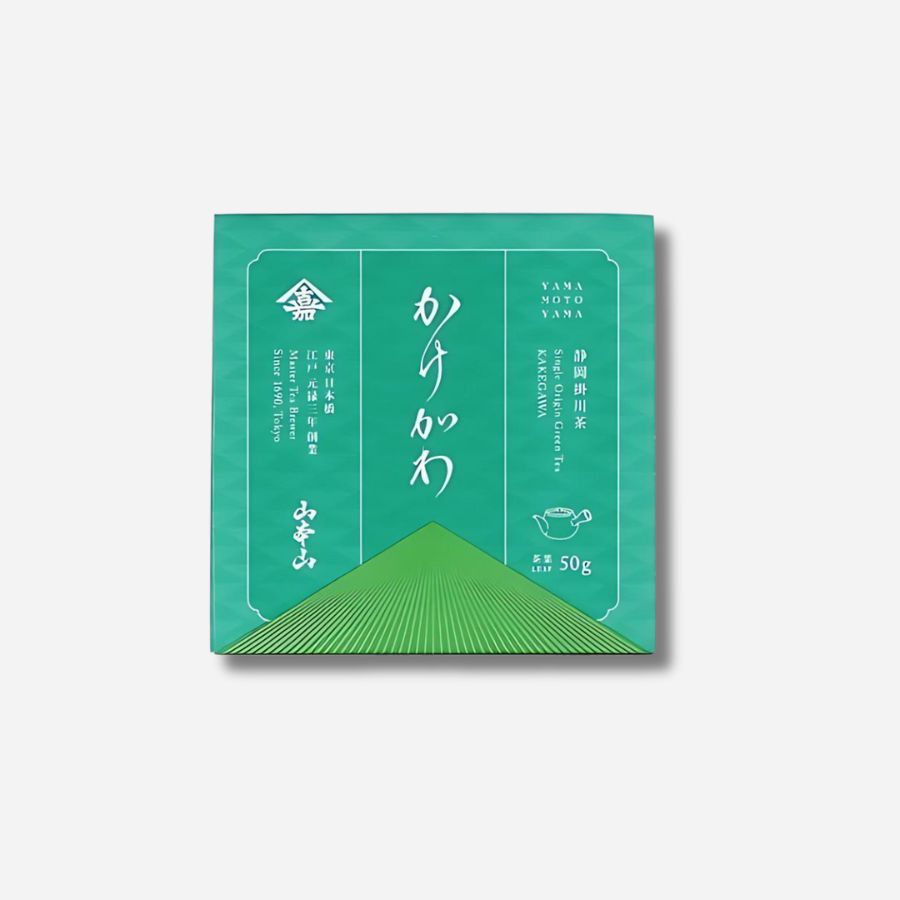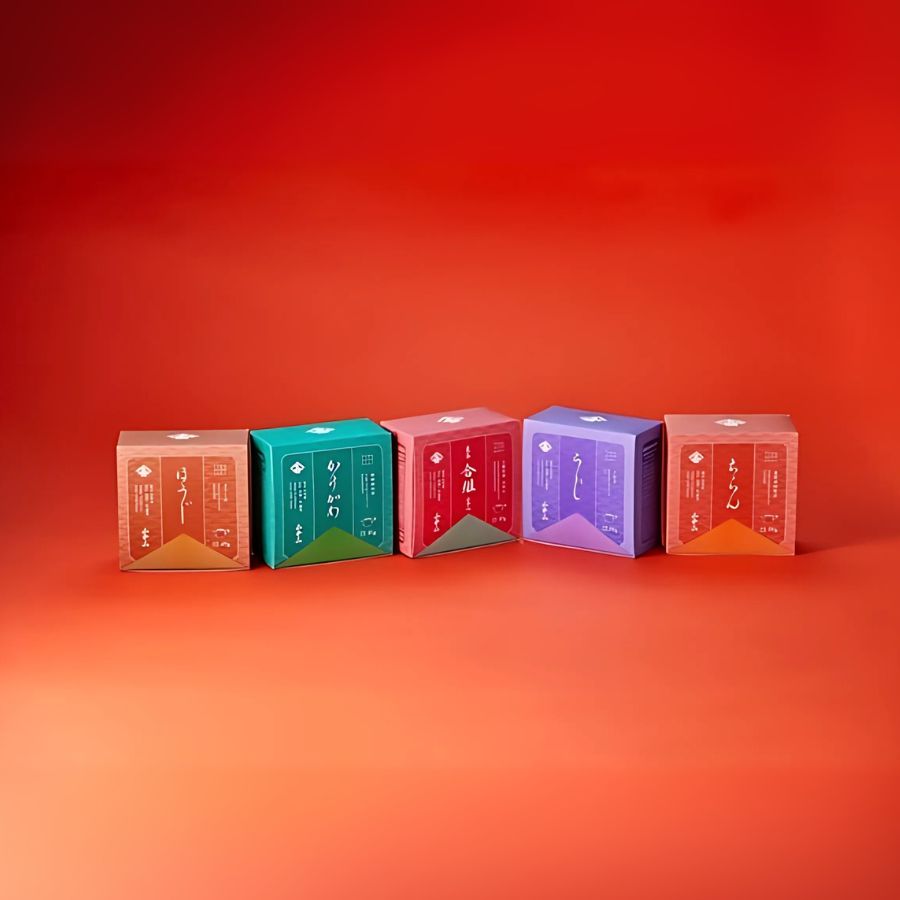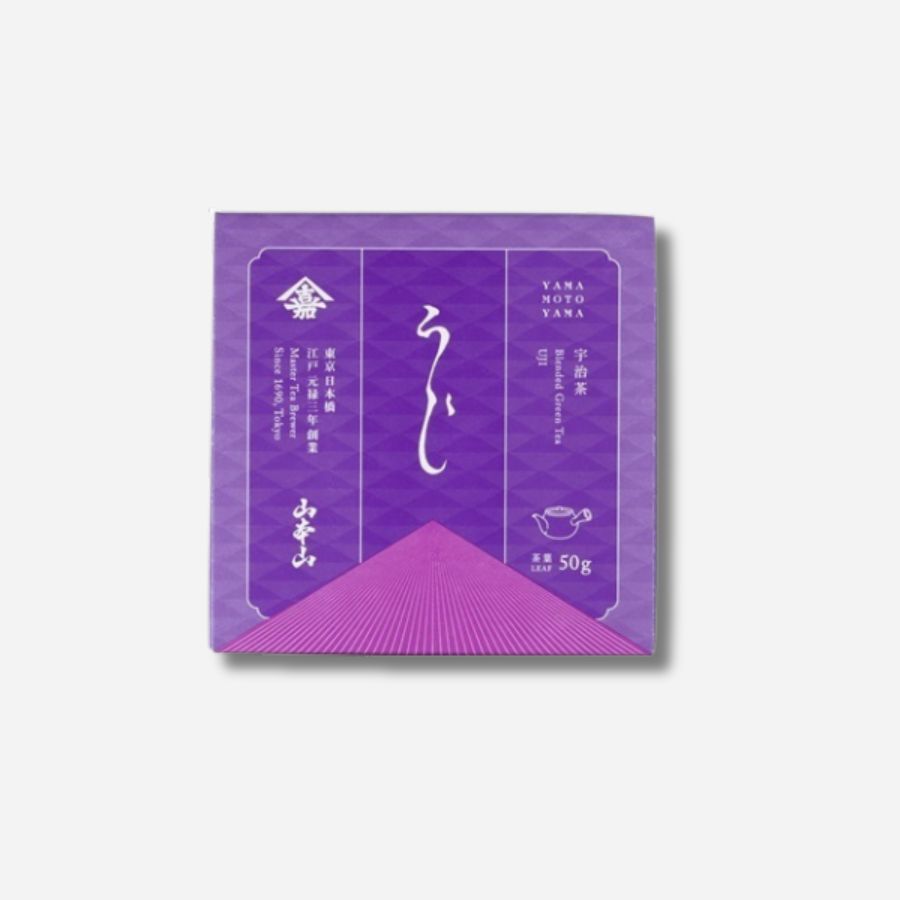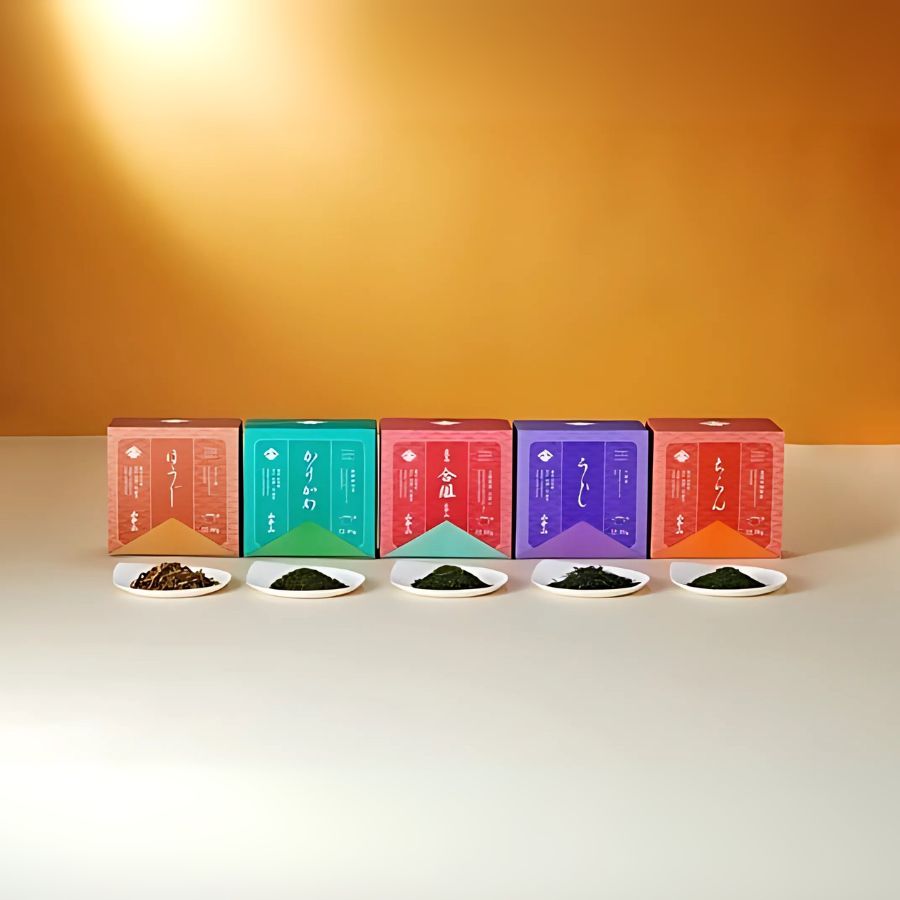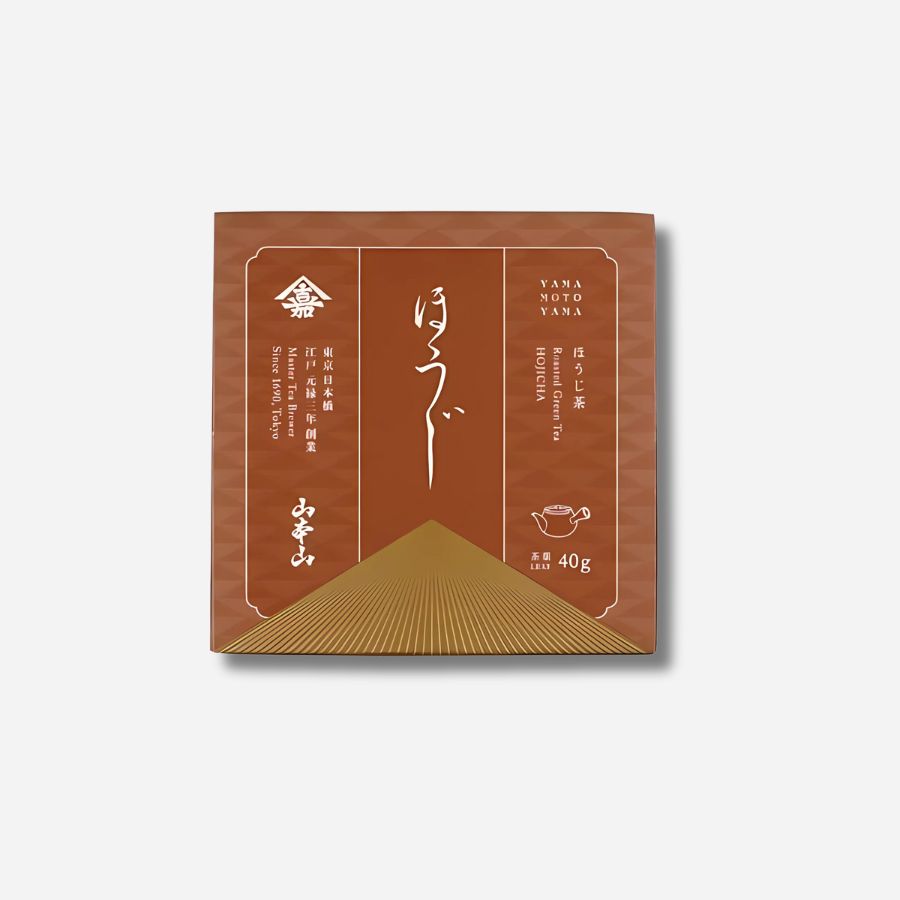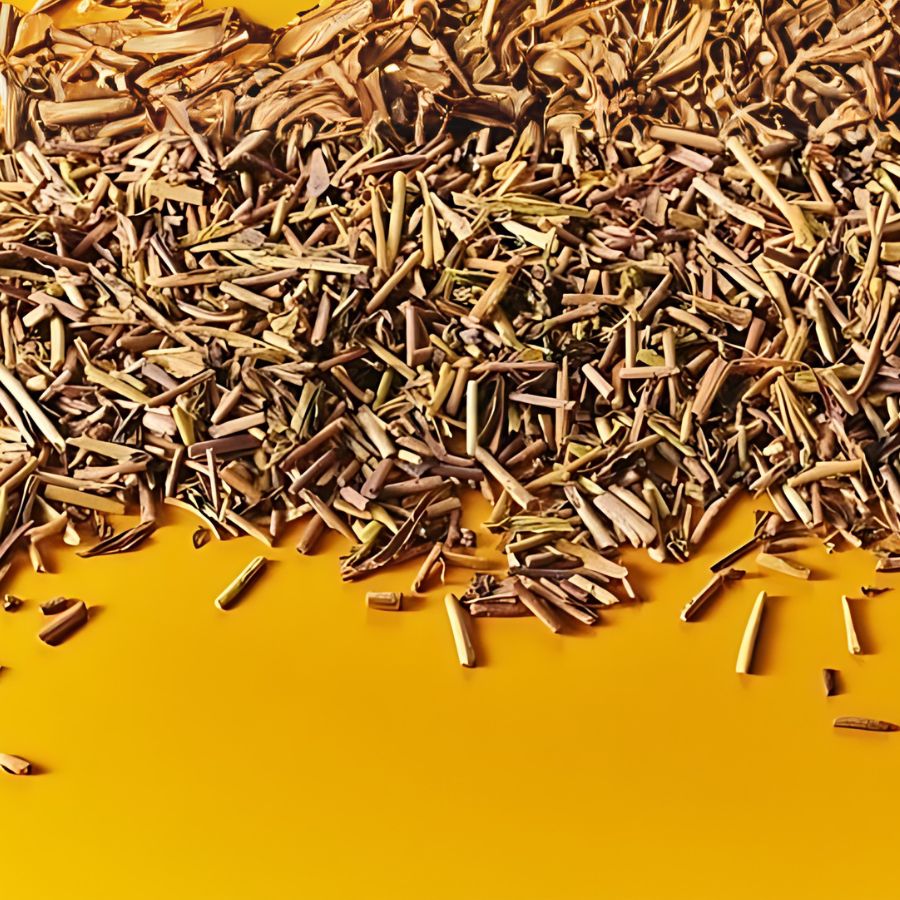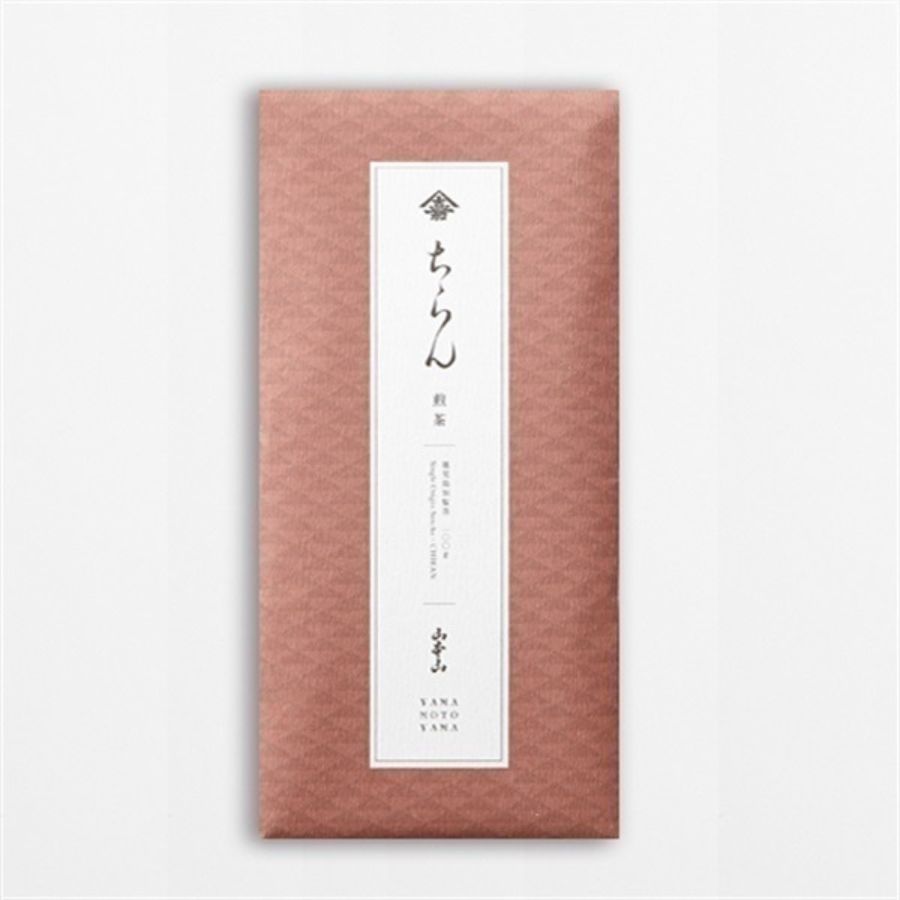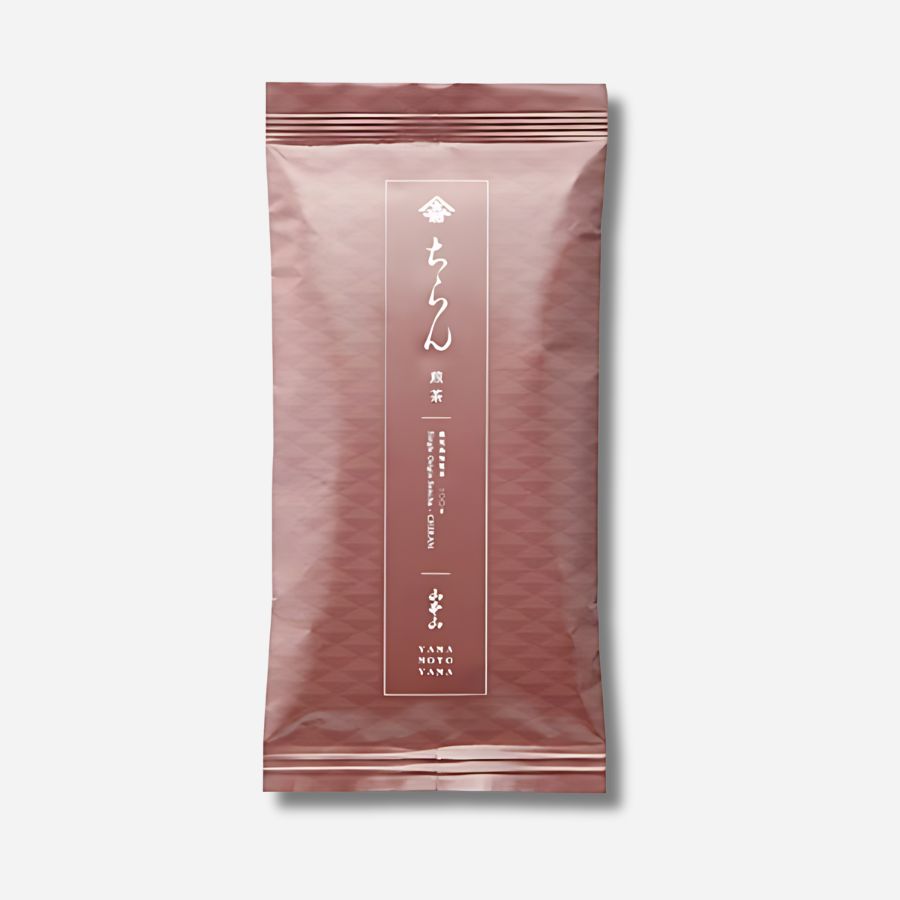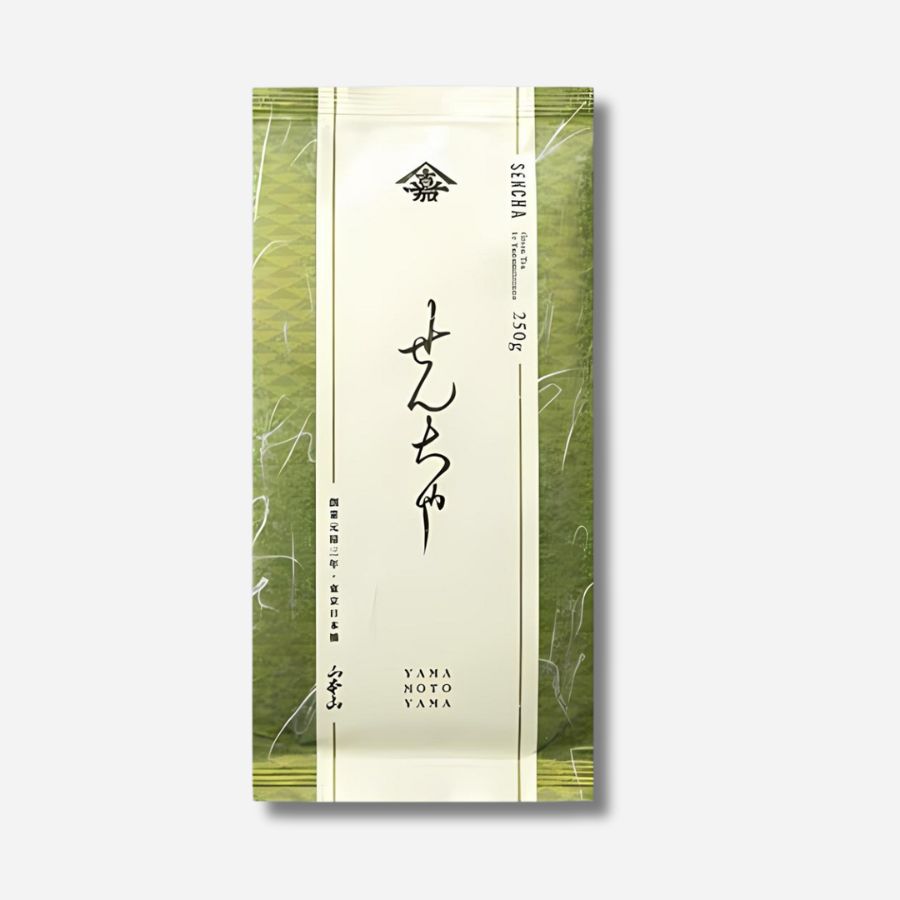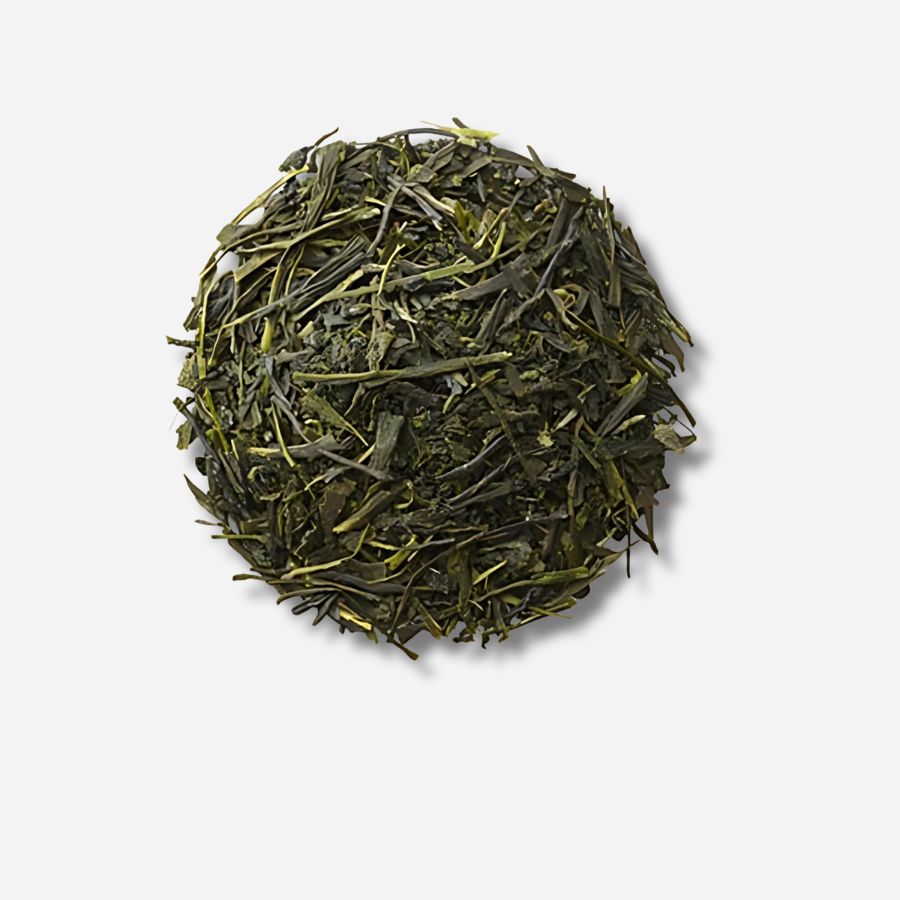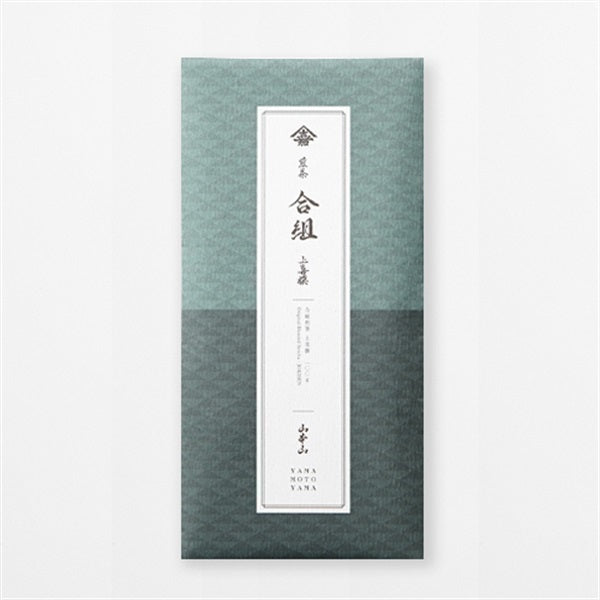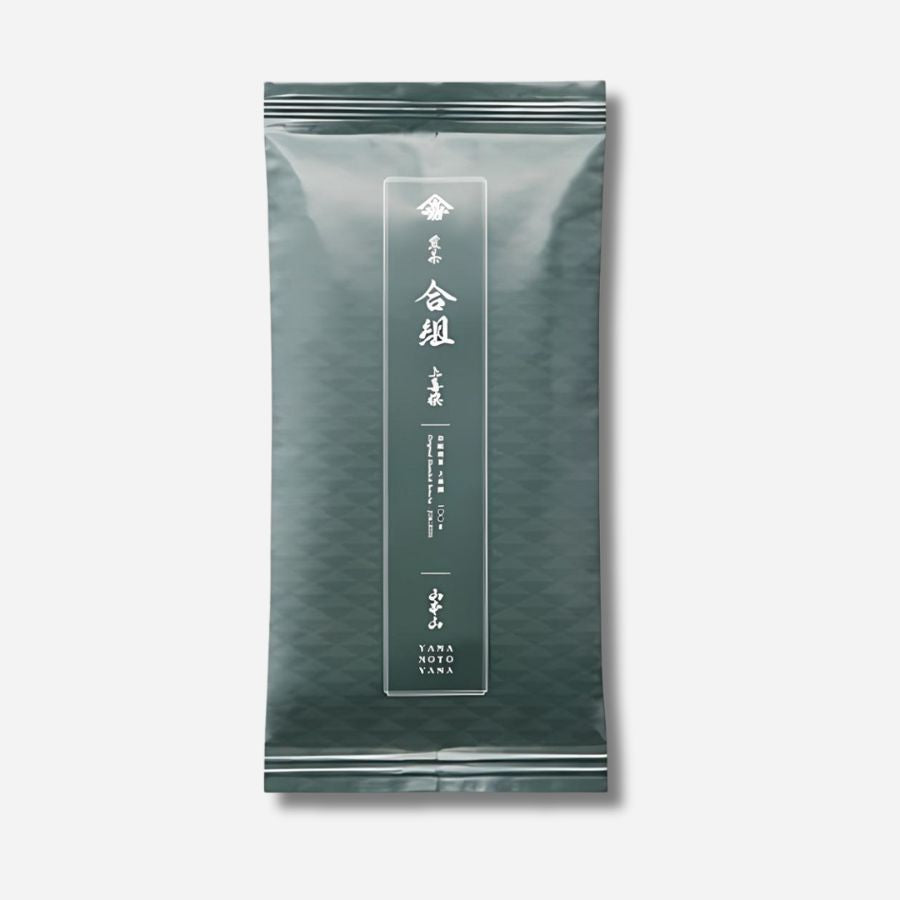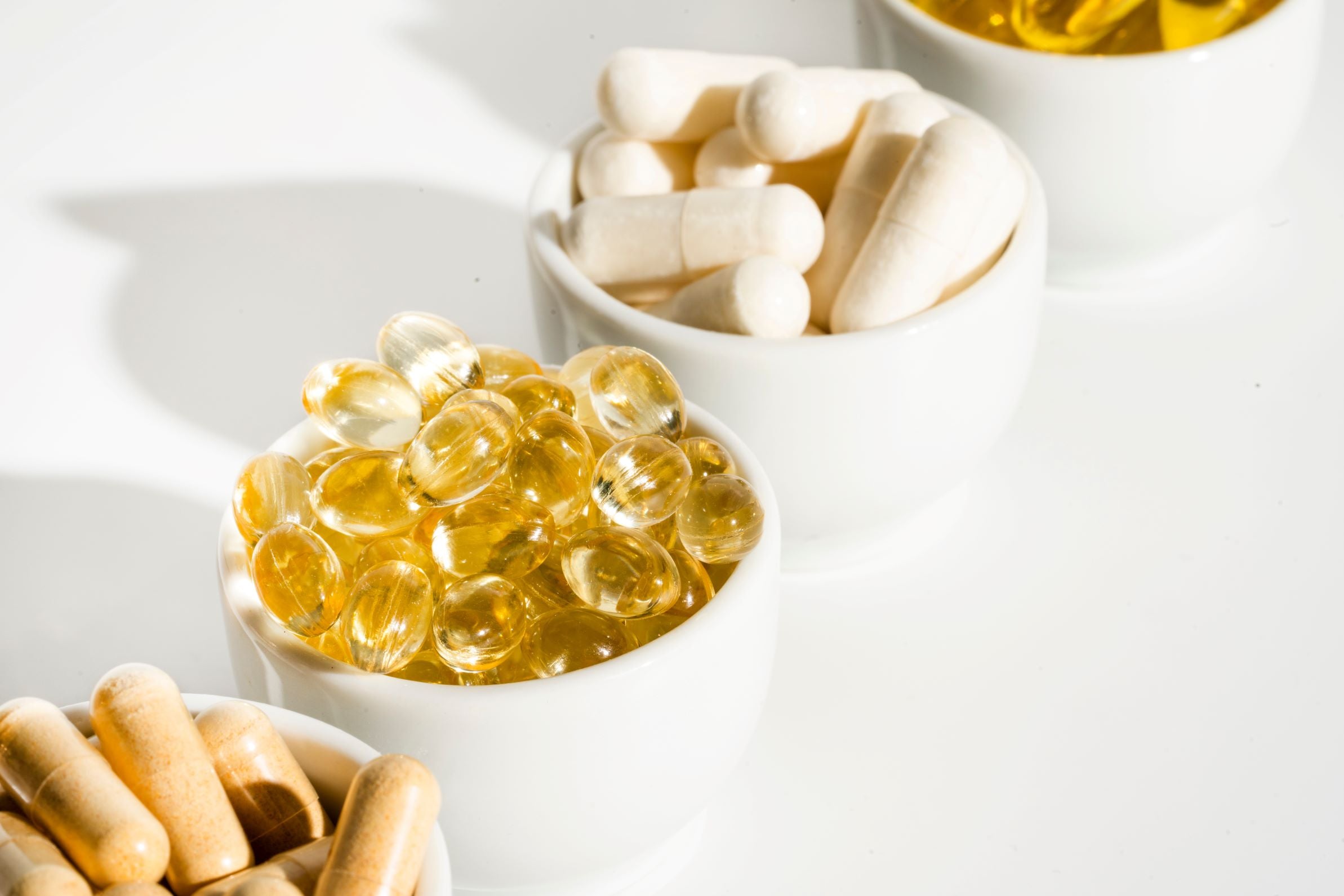
Does drinking a lot of tea cause anemia? The truth behind this rumor explained
Introduction
Many people have probably heard that drinking a lot of green tea can cause anemia.
This misconception may arise because the catechins in green tea inhibit the absorption of iron.

Do catechins inhibit iron absorption?
It is true that the catechins in green tea have the property of easily binding with iron, so in theory they could impede the absorption of iron.
But what is the reality?
In conclusion, drinking a lot of green tea does not necessarily make you anemic .
However, there are several conditions that may increase your risk of developing anemia.
Let's take a closer look at the relationship between green tea and anemia.

The true relationship between green tea and anemia
First of all, iron is a very important mineral for our bodies.
Iron is the main component of hemoglobin in red blood cells, which is responsible for transporting oxygen in the body. Iron deficiency can lead to anemia, causing symptoms such as fatigue and shortness of breath.
Tannins (roughly synonymous with catechins) in green tea can bind with iron, forming insoluble compounds that can block its absorption from the intestine.
Therefore, it cannot be denied the possibility that drinking strong green tea during a meal reduces the iron absorption rate compared to when not drinking it.

However, many other factors also play a role in iron absorption.
For example, vitamin C taken with meals promotes iron absorption, and the heme iron found in meat is known to be more easily absorbed than non-heme iron from plants.
In other words, even if you drink green tea, as long as you eat a balanced diet, it is unlikely that you will become iron deficient.
However, you should be careful if you have an extremely unbalanced diet or if your demand for iron is increased due to menstruation or pregnancy.

Green tea and anemia: the right way to deal with them
Green tea is a healthy drink and rarely causes anemia, but drinking too much or the way you drink it can interfere with the absorption of iron.
If you are anemic or taking iron tablets, we recommend that you consult a doctor for appropriate advice.

